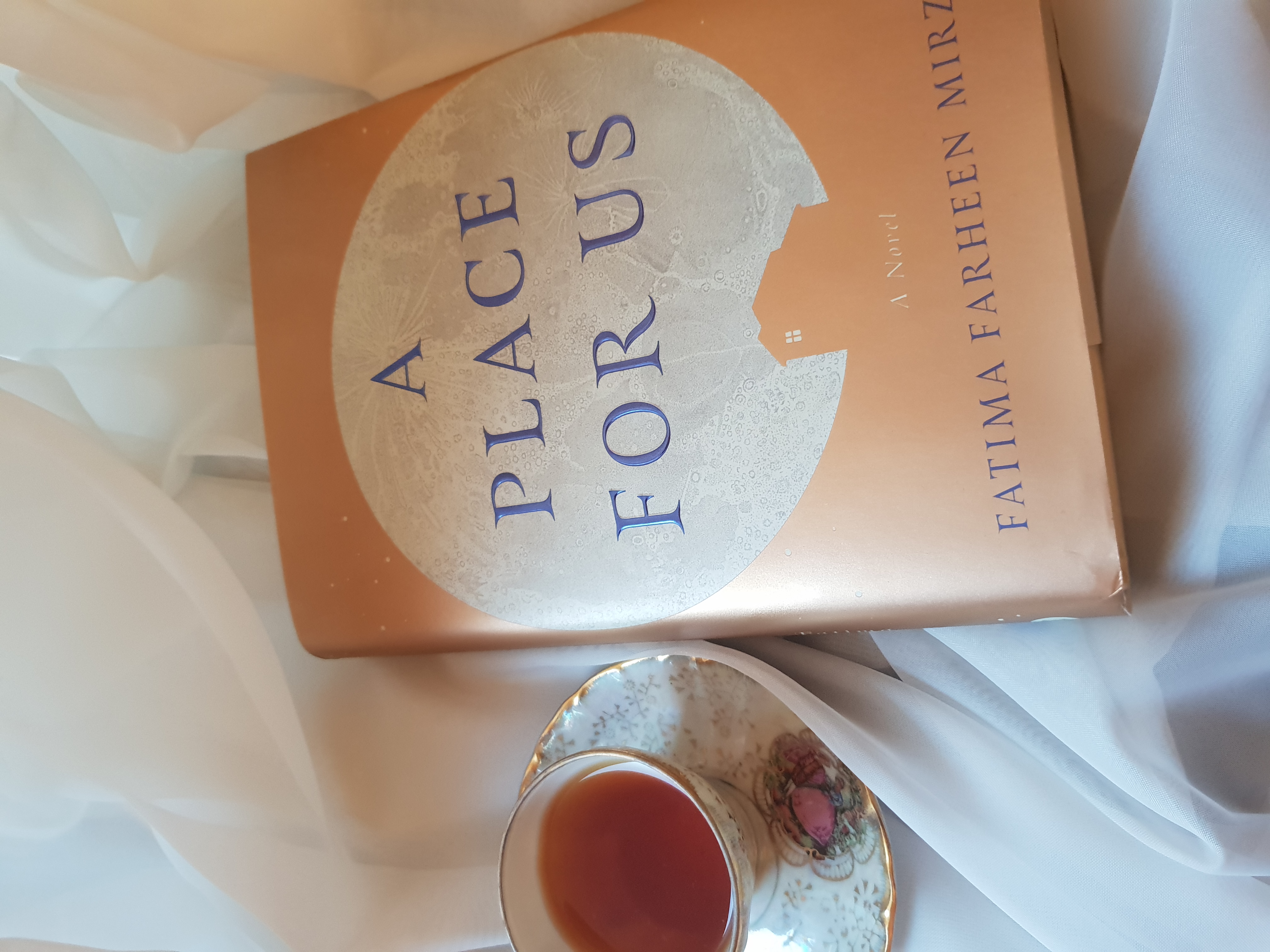Review: A Place For Us
Rating: 4 Stars
All individuals are a unique sum of their life experiences, so much so that reading the same book at different stages in your life sometimes results in completely different reactions. The place where I am right this moment in my life made A Place For Us by Fatima Farheen Mirza resonate with me very deeply.
The book starts off with the wedding of Hadia, the eldest daughter of Rafiq and Layla. We are immediately made aware of the tensions within the family, as Amar, the youngest and only son, returns after 3 years of leaving his family, to do his duty by his sister. In all this, there is also Huda, the typical middle child, overlooked by not only by the family, but also by the author herself.
As we go back and forth in time, we are given a glimpse into the life of a Muslim couple who moves to the US from India, and try to bring up their three children according to Muslim and Indian traditions and culture. As is the case in most cases, the children all try to rebel in their own individual way.
Being a parent bringing up my kids in a foreign land, while I understand the worries of the parents and their fear of the children losing their religion, I don’t agree with trying to scare them into conforming. As this book shows, pulling the strings too tight causes them to break ultimately. When you have two children who are good at being obedient, it is natural to assume that the same mode of parenting will work on the third. Most of the time this is not so. We, as parents, know our children better than anyone else, and this is why sometimes we need to keep our egos aside and change our ways in order to avoid regrets later.
The book jumps from one time to another without any warning, and as the pattern starts becoming evident, you realize the importance of all the different instances from the eyes of three people, Hadia, Amar and Layla. We see how small betrayals and forgotten reactions all lead to the eventual breaking up of this loving family. We also see how people form opinions according their own understanding of the situation, instead of trying to find the real facts.
It is very sad that open communication is something that is lacking in most of our interactions, especially when it comes to families. In most families, the father is considered the one who lays down the laws, the disciplinarian, the person his own children are hesitant to approach. In such families, the mother assumes the role of the middleman, the one who is responsible for changing the father’s mind. No one realizes that some things are lost in translation when you have indirect communication. This can sometimes cause rifts in families that become almost impossible to breach over time.
As I read the book, there were a few instances where I felt that the writer did give in to stereotypes, and the constant strain of “The Ali Boy” was really getting on my nerves. So, I was completely ready to give this book 4 stars and move on. Then came the last part.
What was missing in the whole book was there in the last part. As I read about a man trying to do his best by his family, I couldn’t help but feel for that man. A person brought up to hide his feelings can never feel comfortable letting his emotions show. The way Mirza has written about Rafiq’s thoughts is moving and heart wrenching. The struggles of a father who is unable to voice his love for his children, are brought to life in the last part of the book. I couldn’t help but think of my own father, who while lying in bed, too sick to move, and in so much pain, was worried about how he had been unfair to his son! It all felt personal, and I want to admit that I cried while reading the last part of this beautiful book.
This is a book that is meant for everyone. I even found myself wanting my teenage son to read it even if only to understand how parents love their children in their own different ways. A beautiful book that will stay with me for a long time.

